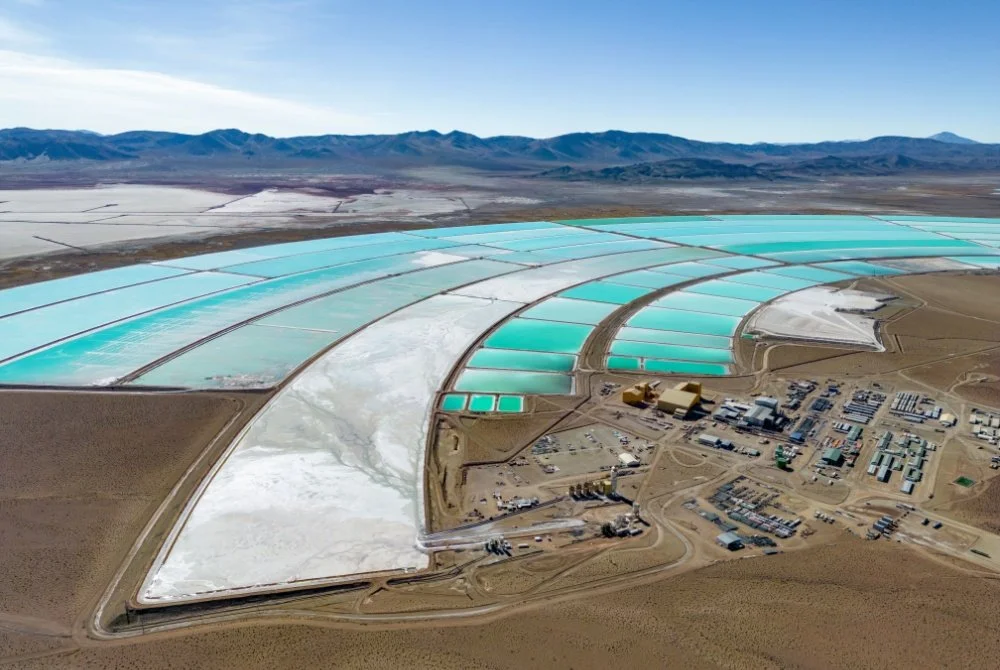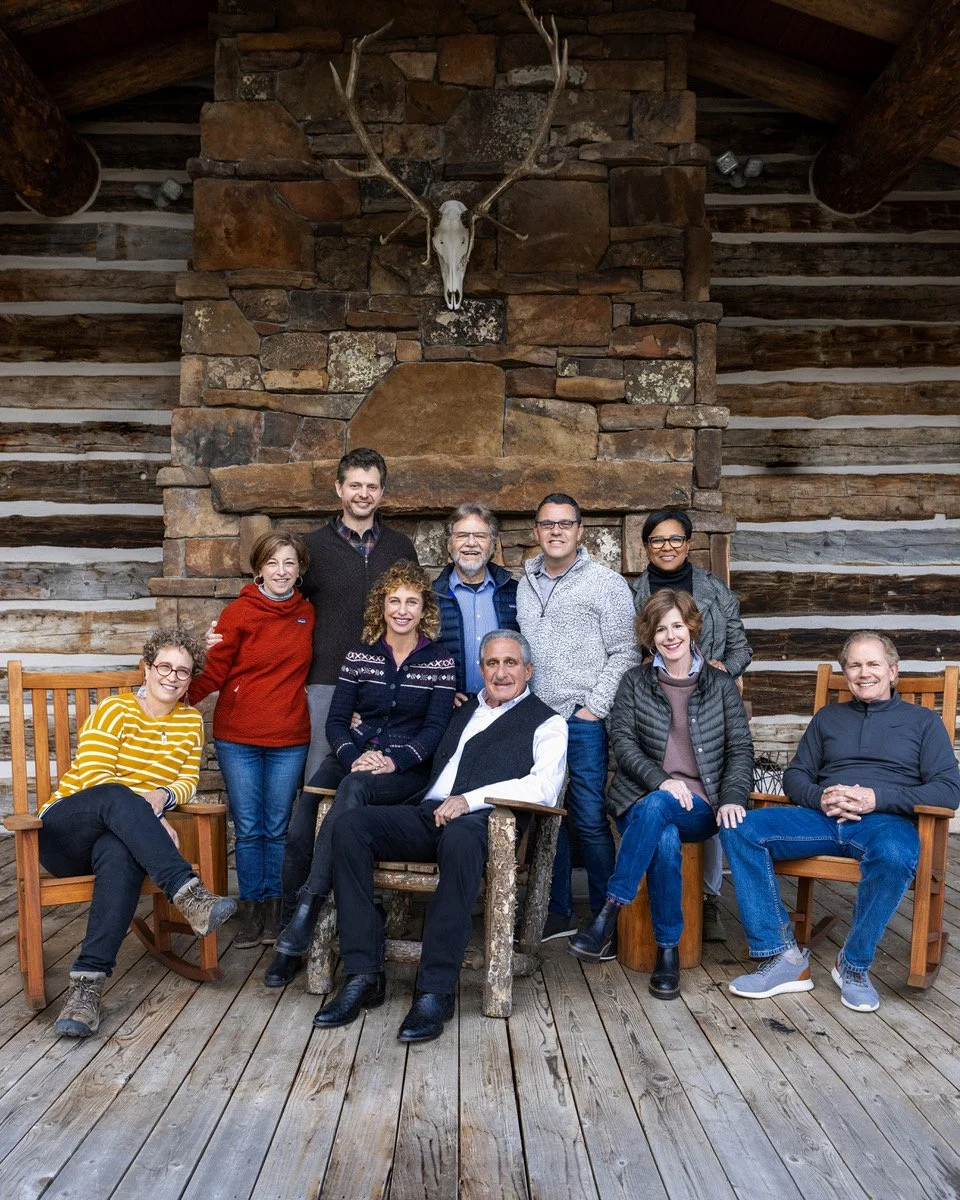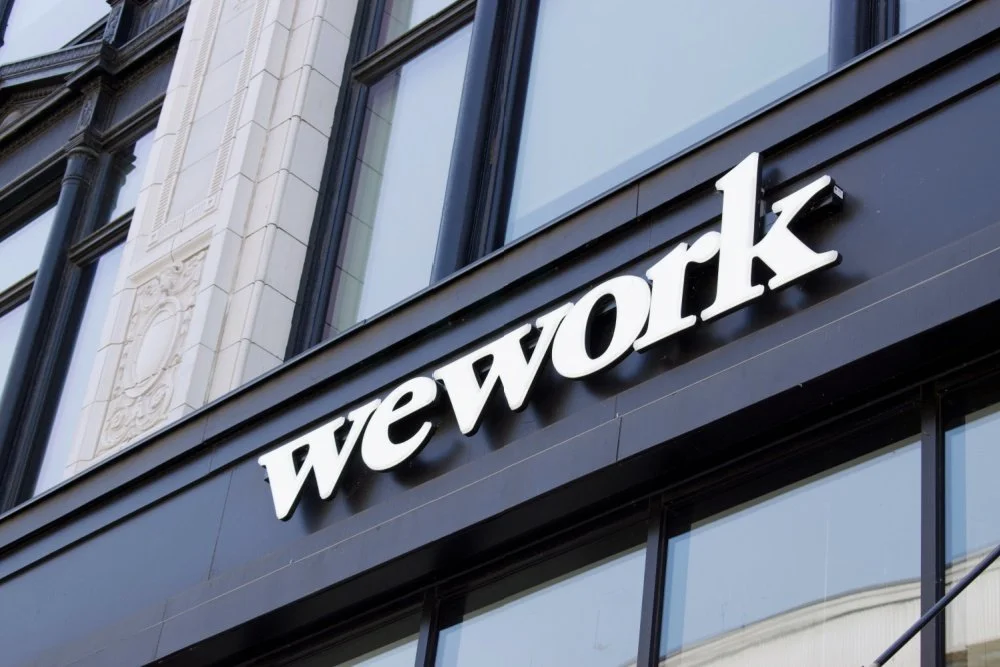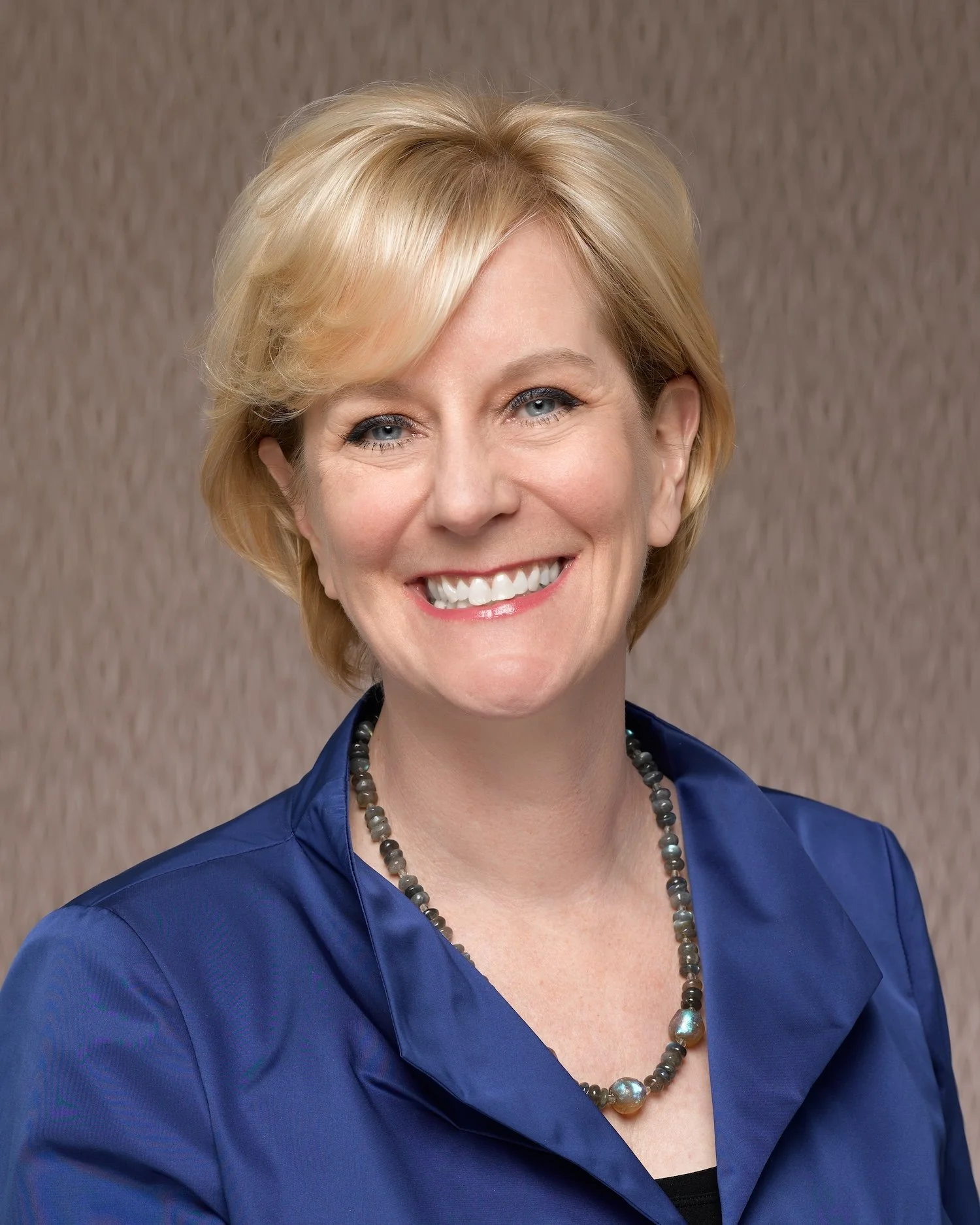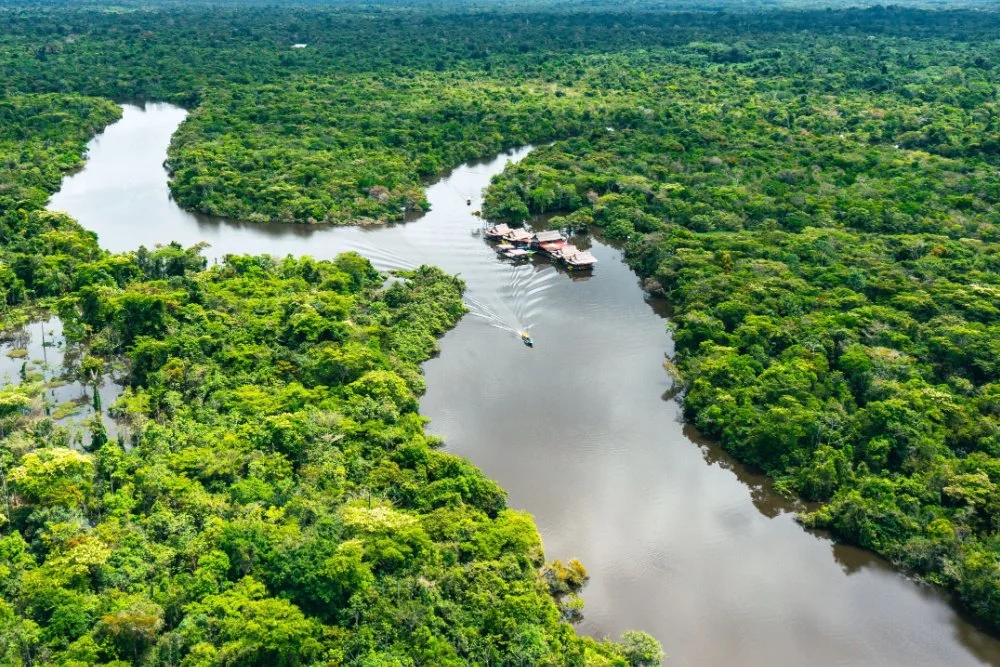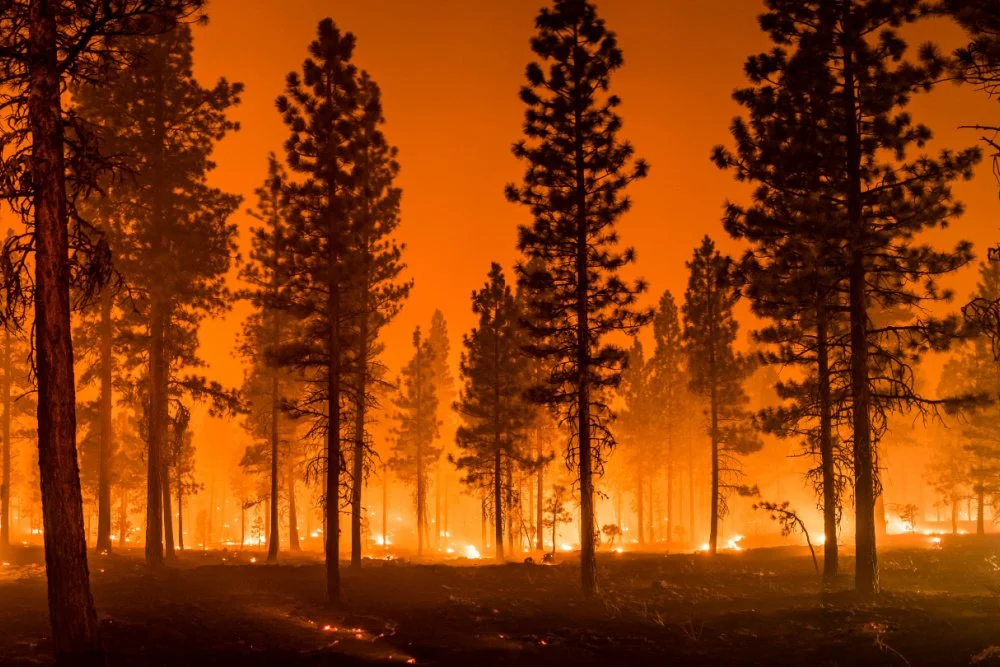Behind a New Green Alliance is a Trio of Powerful—and Deeply Alarmed—Donors
/This month, actor Leonardo DiCaprio joined two billionaire philanthropists to create a new organization, Earth Alliance, which has the potential to be an environmental powerhouse. The Leonardo DiCaprio Foundation, which has funded nearly 200 environmental initiatives, has now fully merged with Earth Alliance, which has a mission to combat “the urgent threats to our planet’s life support system.”
At a time when 30 to 50 percent of all species are threatened with possible extinction in the next 30 years, Earth Alliance aims to stanch climate change and preserve biodiversity. “Science shows time [is] running out before the worst effects of our changing climate become irreversible,” the organization said in a press statement. “We will work globally to protect ecosystems and wildlife, ensure climate justice, support renewable energy and secure indigenous rights to the benefit of all life on Earth.”
Earth Alliance is co-chaired by DiCaprio, Laurene Powell Jobs and private equity billionaire Brian Sheth. In addition to tapping the resources of the Leonardo DiCaprio Foundation, its work will be supported by the Emerson Collective (founded by Jobs) and the Sheth Sangreal Foundation (created in 2011 by Sheth and his wife Adria Sheth). Global Wildlife Conservation (GWC) is serving as Earth Alliance’s fiscal sponsor and will provide the group’s financial oversight and administration. Sangreal will cover the operational and administrative costs for the alliance.
The alliance plans to give out grants and fund environmental education, campaigns and films, as well as work on the ground with grassroots organizations and people in parts of the world most affected by the climate crisis and “the staggering loss of biodiversity threatening the stability of life on earth.” The alliance’s work will be overseen by an independent management team it plans to create composed of climate scientists and conservationists.
The new organization is backstopped by some serious wealth. Although DiCaprio’s net worth is estimated at $245 million, Jobs and Sheth bring considerably more money to the table. Laurene Powell Jobs’ wealth is estimated at more than $20 billion in Apple and Disney stakes from her late husband, Steve Jobs. Sheth—who is only 43—has a net worth of $2.2 billion.
A young actor’s fight against “the most urgent threat facing our species”
When he launched his foundation 1998 at age 24, just a year after his starring role in Titanic, DiCaprio became one of the youngest philanthropists in the environmental movement. Over the next 20 years, while starring in films like The Wolf of Wall Street, he drew acclaim from environmentalists, former vice president Al Gore, and climate scientists for his hands-on work as a climate champion and for grants totaling at least $100 million to support United Nations climate negotiations, protect indigenous rights, save lions and coral reefs, and other causes.
“Climate change is real, it is happening right now, it is the most urgent threat facing our entire species, and we need to work collectively together and stop procrastinating,” DiCaprio said at his Oscar acceptance speech for The Revenant in 2016, in which he urged the audience to reject the “politics of greed.”
Fast-forward to 2019. The Earth’s temperature continues to rise, with climate change ushering in an alarming new era of “rapid species extinctions, ocean acidification, and human deaths caused or exacerbated by the destruction of our natural world,” according to Earth Alliance.
In a press release, DiCaprio said he was “incredibly proud” of his foundation’s work and thrilled about merging it into Earth Alliance.
“Laurene and Brian are incredible civic leaders who share my passion and understanding of the urgency and scale of the challenges we face,” DiCaprio said. “I am proud to partner with them to form this new larger, nimble platform that shares resources and expertise while identifying the best programs to drive real change around the planet.”
Wall Streeter Sheth: “Passionate about saving the planet”
Unlike DiCaprio and Powell Jobs, Brian Sheth is not yet well-known. The source of his wealth is Vista Equity Partners, which Sheth co-founded in 2000, and where he currently serves as president. The firm, based in Austin, Texas, is the world’s fourth-largest enterprise software company. Before that, Sheth worked in mergers and acquisitions at Goldman Sachs; later, he focused on leveraged buyouts at Deutsche Morgan Grenfell and at Bain Capital.
Sheth is not the first Wall Street financier to get involved in major-league environmental giving. As we’ve reported, a long list of financial industry winners donate to environmental causes, including Sheth’s partner at Vista, Robert Smith, who’s emerged as the largest philanthropic backer of national parks.
The son of an Indian immigrant, Sheth grew up in the small, semi-rural town of Acton, Massachusetts. He was a huge fan of French marine scientist and conservationist Jacques Cousteau, and had dreams of becoming a marine biologist. His best friend during childhood was Wes Sechrest, who went on to become a biologist and found GWC, which is based in Austin. As boys, Sechrest and Sheth loved hiking and exploring the woods outside of Acton. Wes’s mother was a botanist, and Sheth, who was close to the whole Sechrest family, recalls ongoing discussions about conservation and habitat preservation.
Sheth later helped Sechrest co-found GWC, and now serves as board chair. He and his wife support GWC through Sangreal, named for a word that originated from Middle English/Old French that means “Holy Grail.” The name came from one of Sheth’s favorite childhood books, The Once and Future King by T.H. White. “I was fascinated by this idea of a quest,” Sheth has said. “For my wife, it is really focused on kids’ welfare and education. For me, it’s habitat conservation and species preservation.”
Sheth has seen some of this work first-hand. “I really enjoy going out in the field with the scientists,” he told one interviewer, but added wryly, “When I go, it is a pathetic, poseur version of going into the field. Our scientists are extraordinary, like real-life Indiana Joneses. They go out in the field with backpacks and water and food for a couple of weeks, and they become one with the land. I am certainly not capable of that.”
By its own count, Sangreal has saved 50,000 square miles of forest, kept 83 species from extinction, and improved the lives of more than 120,000 children around the world. Sangreal recently helped hire Russ Mittermeier—a veteran conservationist and explorer of disappearing forests—as GWC’s new chief conservation officer. Sheth, Mittermeier has said, “represents a newer wave of philanthropists that is really going to be the wave of the future.”
This was echoed by famed primate specialist Jane Goodall, whose institute received matching funds from Sangreal that helped it raise $200,000. “In all my years as a conservationist, I have never met a supremely successful businessman who devotes more time and is as passionate as Brian about saving our planet,” she told Forbes.
Sheth said about the new venture: “Our planet is at a critical turning point, and we have an opportunity to transition our society to a sustainable one in harmony with—and in support of—all life on Earth.”
Powell Jobs: “Problem-solve through a lens of justice”
Powell Jobs is best known for her philanthropic work on education and media, as well as supporting immigration reform and DREAMers. Among other things, she started the nonprofit College Track, which offers tutoring services and extracurricular activities to underserved teens who are often the first in their family to attend college.
But Powell Jobs has also long been involved in environmental causes. She is on the board of Conservation International and her Emerson Collective takes a holistic approach to environmental sustainability.
“We understand how threats to our natural world are deeply interwoven with societal challenges—inequity, polarity, economic instability, and inaccessibility to technology,” the team said in a mission statement, adding that humanity will be strengthened by problem solving “through a lens of justice and societal progress.”
Powell Jobs expanded on this in a statement about her role in Earth Alliance. “All we know and love is threatened by the climate crisis, and each of us must ask ourselves and one another what more we can do to protect the planet we share,” she said. “Earth Alliance is part of our answer.”
***
For nonprofits, community groups and environmentalists eager to work with Earth Alliance, information about how to apply for funding is not yet public. Since the organization has only been in existence for a couple of weeks, nonprofits searching for Earth Alliance online may have to wade through a page or so of sci-fi links such as Earth Alliance: Babylon (“a fictional alliance of the nations of Earth and off-world colonies in the television series Babylon 5”) to get to the page of the new organization, which in turn links to the press release.
Stay tuned.







